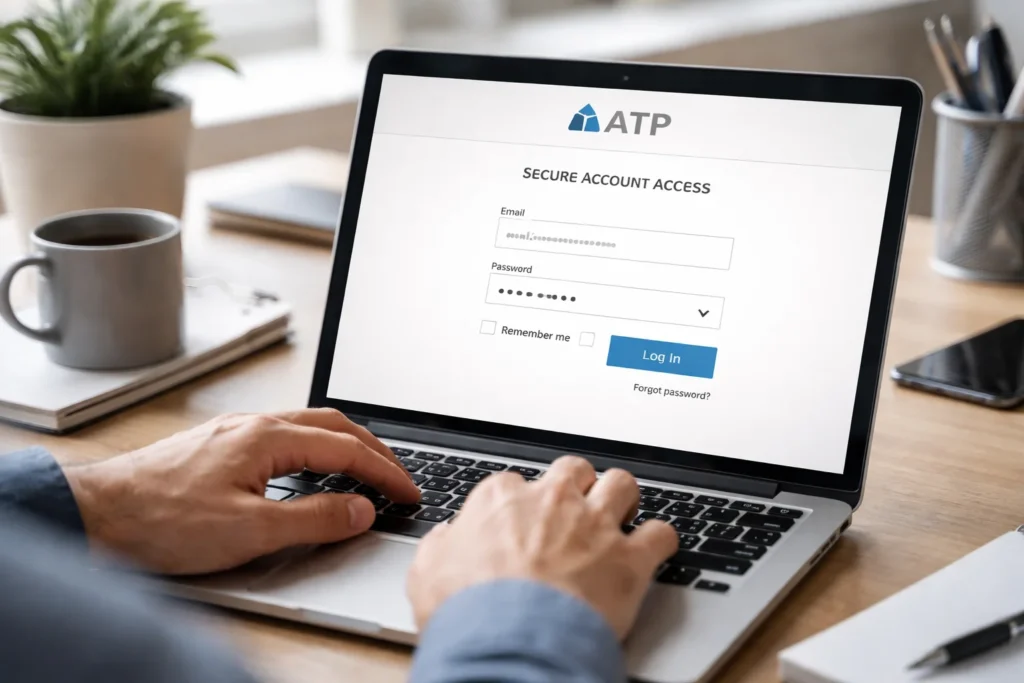Public Key Infrastructure: How It Works and Why Your Business Needs It

In an increasingly digital world, ensuring the security of your business’s data and communications is more important than ever. Public Key Infrastructure (PKI) is a powerful technology that is crucial in securing sensitive information, ensuring it remains protected during transmission across the Internet. This article will explore what public key infrastructure is, how it works, and why your business needs to integrate it into its security protocols.
What is a Public Key Infrastructure?
Public Key Infrastructure (PKI) is a technology used to secure and authenticate digital communications. It is based on a combination of cryptographic keys and digital certificates to encrypt and decrypt data exchanged between parties. The main goal of PKI is to ensure the privacy, authenticity, and integrity of the communication process.
A digital certificate in a public key infrastructure is a type of electronic passport that helps verify the identity of the entity requesting access to secure information. This certificate contains the public key associated with the entity and is signed by a trusted third party known as the Certificate Authority (CA). This system of keys, certificates, and authorities allows organizations to securely exchange information without the risk of interception or tampering.
The Role of PKI in Business Security
PKI plays an essential role in business cybersecurity by providing a secure way to exchange information over untrusted networks like the Internet. Without PKI, malicious actors could easily intercept sensitive data such as customer information, financial transactions, or intellectual property. PKI uses asymmetric encryption to protect data, ensuring that only the recipient with the private key can decrypt the message.
In addition to securing data, PKI also authenticates users and devices within a network. This authentication ensures that only authorized entities can access sensitive resources, preventing unauthorized access and potential breaches.
How Does PKI Work?
At the heart of public key infrastructure is the encryption process. PKI uses two cryptographic keys: a public key and a private key. These keys work together to protect and authenticate data:
- Public Key: This key is widely distributed and can be accessed by anyone. It encrypts the data before it is sent to the recipient.
- Private Key: The private key is kept secret by the recipient and is used to decrypt the message that was encrypted using the corresponding public key.
This encryption and decryption process is what makes PKI so secure. Even though the public key is available to anyone, it is mathematically infeasible to derive the private key from the public key. This ensures that only the intended recipient can decrypt the message.
Components of PKI
Public Key Infrastructure involves several key components, each playing a role in ensuring the secure exchange of information:
- Certificate Authority (CA): The trusted entity responsible for issuing, managing, and revoking digital certificates. The CA ensures that the public key in the digital certificate truly belongs to the entity it claims to represent.
- Registration Authority (RA): It works in tandem with the CA to verify the identity of the entities requesting digital certificates. The RA checks the credentials of the certificate requester before issuing a certificate.
- Digital certificate: An electronic document containing the public key and the certificate holder’s identity. A CA issues these certificates and helps to authenticate the identity of the sender in any digital communication.
- Certificate Revocation List (CRL): A list of digital certificates that the CA has revoked before their expiration date. This helps ensure that compromised or invalid certificates are not used.
- Public and Private Keys: As mentioned earlier, PKI uses a pair of cryptographic keys: a public key, which is distributed openly, and a private key, which is kept secure by the entity that owns the key.
Benefits of PKI for Businesses
Integrating PKI into your business’s cybersecurity infrastructure offers numerous benefits, including:
Enhanced Data Security
PKI ensures that data is encrypted during transit, making it unreadable to anyone who might intercept it. This protection is critical for safeguarding sensitive information such as customer data, payment details, and proprietary business data.
Strong Authentication
PKI provides strong authentication through digital certificates, ensuring only authorized users and devices can access your systems. This authentication helps to prevent identity theft, fraud, and unauthorized access.
Non-repudiation
With PKI, you can prove that a particular user sent a message and that it has not been altered in transit. This ensures that neither the sender nor the receiver can deny sending or receiving the message, providing an additional layer of trust.
Cost-effective Security
By automating certificate issuance, renewal, and revocation, PKI can reduce administrative costs related to security management and simplify enforcing security policies across an organization.
Applications of PKI
PKI is used in many applications to ensure secure communication and authentication. Some of the most common use cases include:
- Secure Email (S/MIME): PKI is widely used to encrypt and sign email messages, ensuring that only the intended recipient can read the message and verify the sender’s identity.
- SSL/TLS Certificates: PKI is used to secure websites by encrypting the connection between the web server and the user’s browser, ensuring that sensitive information, such as credit card details, is protected.
- VPN Access: PKI is used to authenticate users and devices connecting to a Virtual Private Network (VPN), ensuring that only trusted entities can access internal resources.
- Digital Signatures: PKI is used to digitally sign documents, guaranteeing the authenticity and integrity of the document and preventing tampering.
The Public Key Infrastructure Market
The public key infrastructure market is growing rapidly as more businesses recognize the importance of securing digital communications and protecting sensitive data. The market is expected to continue expanding as organizations face increasing cybersecurity threats and compliance regulations that require secure communication protocols.
Several industries, including finance, healthcare, government, and e-commerce, rely heavily on PKI to secure data and maintain customer trust. As cyber threats evolve, the demand for PKI solutions will only increase, making it an essential part of any comprehensive security strategy.
The Future of PKI
Looking ahead, the role of PKI in business security will continue to evolve. As the number of connected devices increases, the need for strong authentication and encryption methods will grow. PKI will play a key role in securing communications between Internet of Things (IoT) devices and enabling secure digital identities for users and devices.
In addition, advancements in quantum computing could potentially threaten current encryption methods. Researchers are already working on quantum-resistant algorithms to ensure PKI remains effective in a post-quantum world.
Why Your Business Needs PKI
With cyber threats becoming more sophisticated and data privacy regulations becoming stricter, PKI is no longer just a luxury for large organizations—it’s necessary for businesses of all sizes. By implementing PKI, your business can protect sensitive data, authenticate users and devices, and ensure that communications remain private and secure.
Whether securing your website, encrypting email communications, or authenticating users accessing internal systems, PKI provides the tools you need to safeguard your business from cyber threats. With the public key infrastructure market growing, integrating PKI into your cybersecurity strategy is one of the smartest decisions you can make to protect your business and its digital assets.
In Conclusion
In a world where cyber threats constantly evolve, public key infrastructure provides a robust, reliable way to secure digital communications and protect sensitive data. By using PKI, businesses can ensure that their information remains private, their users are authenticated, and their systems are safeguarded against potential threats. Whether you are a small business or a large enterprise, PKI is an investment to help secure your operations and build trust with your customers.

Curtain Dry Cleaning and Leather Sofa Cleaning – Reliable Care by Duo Nini

Brian Ferdinand of EverForward Trading Joins Forbes Finance Council, Expanding His Voice on Markets and Risk

Get Any Company Objectives or News of rox.com

Unlocking Innovation: How an AI Software Development Service Can Transform Your Business

Why Modern Procurement Tools Support Scalable Digital Operations

HMS Photovoltaik: The Smart Evolution of Solar Energy

ATP Login Guide: How to Access Your Account Easily

Corsair H75 Review 2026 — Full Specs, Performance, Installation & Buyer’s Guide








